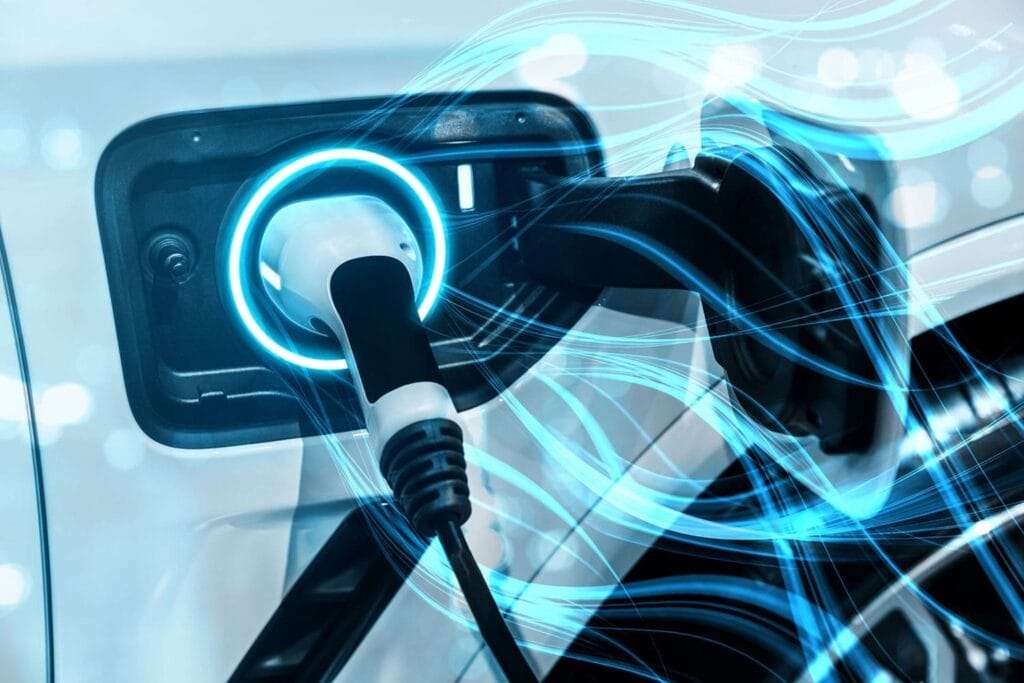
Deciphering EV Range
Introduction:
As electric vehicles (EVs) become increasingly prevalent on our roads, understanding the factors that influence their range is essential for prospective buyers and current owners alike. While battery capacity and driving habits are commonly known determinants, the wattage of the charging station also plays a significant role. In this blog post, we’ll delve into the relationship between EV range and charger wattage, offering insights to help you make informed decisions about charging your electric vehicle.
Charger Wattage Explained: Before delving into its impact on EV range, let’s understand what charger wattage signifies. Charger wattage refers to the amount of power that a charging station can deliver to an electric vehicle. It is typically measured in kilowatts (kW) and dictates how quickly an EV’s battery can be replenished.
Impact on Charging Speed: The wattage of the charging station directly correlates with the charging speed. Higher wattage chargers deliver more power to the EV’s battery, resulting in faster charging times. For example, a 7 kW charger will replenish an EV’s battery slower than a 50 kW charger.
Relationship to EV Range: While charger wattage primarily affects charging speed, it indirectly influences EV range as well. Faster charging allows EV owners to top up their batteries more quickly, extending the practical range of their vehicles. With a higher wattage charger, EV owners can charge their vehicles to a desired range in less time, enhancing convenience and flexibility.
Considerations for EV Owners: When choosing a charging station for your electric vehicle, it’s essential to consider your driving habits and charging needs. If you frequently embark on long journeys or have limited time for charging, opting for a higher wattage charger may be beneficial. Conversely, if you mainly charge your EV overnight at home, a lower wattage charger may suffice.
Public Charging Infrastructure: The availability of charging stations with varying wattages is a crucial aspect of public charging infrastructure. High-power chargers, such as those rated at 50 kW or higher, are typically found at fast-charging stations along highways and major thoroughfares. These stations cater to drivers in need of quick top-ups during long trips.
Home Charging Solutions: For residential charging, EV owners have the flexibility to choose the charger wattage that best suits their needs. Many home charging stations offer adjustable power settings, allowing users to customize the charging speed according to their preferences. Additionally, installing a higher wattage charger at home can future-proof your charging setup as EV battery capacities continue to increase.
Conclusion:
Understanding the relationship between EV range and charger wattage is key to maximizing the efficiency and convenience of electric vehicle ownership. By opting for chargers with higher wattages, EV owners can enjoy faster charging speeds and extended practical ranges, enhancing the overall driving experience. Whether charging at home or utilizing public charging infrastructure, selecting the appropriate charger wattage ensures that your electric vehicle remains ready for the road ahead.
Best Temperature to Vape E-Juice
Beneficial Vaping vs Smoking
Tags :
Share :
Recent Post
Categories
Useful Links
Leccy Charging
Copyright © 2024. All rights reserved.